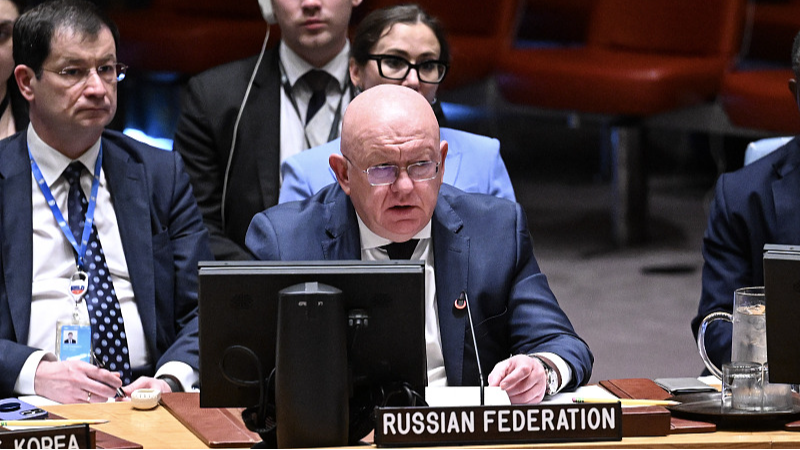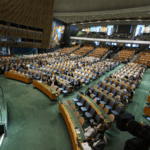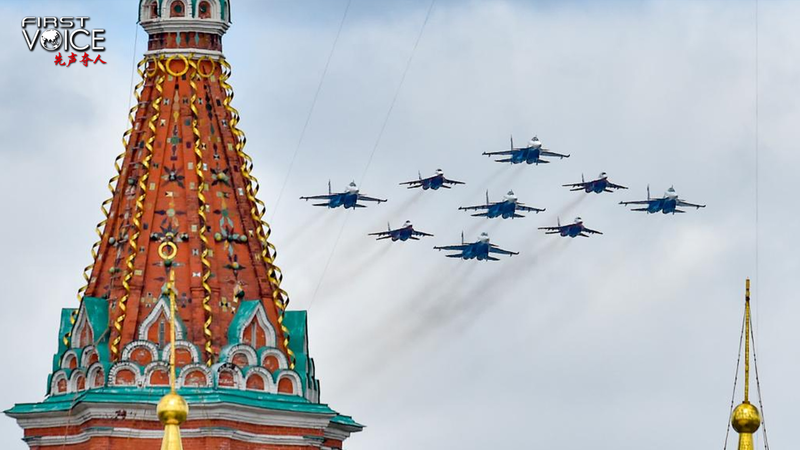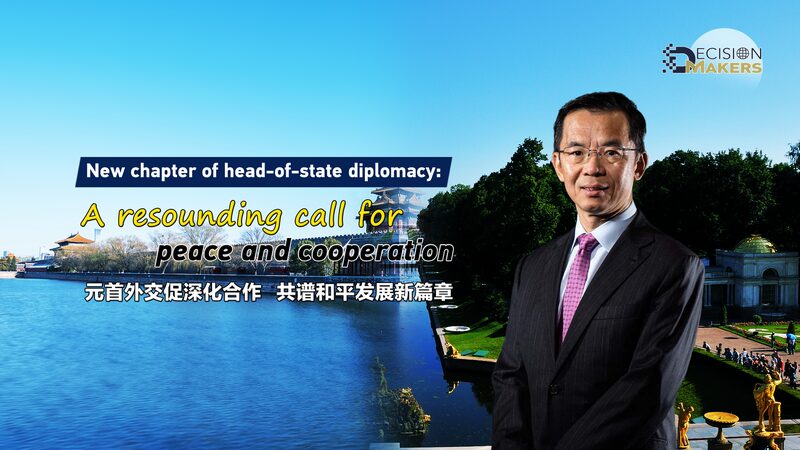In a dramatic vote this week, the U.S. and its allies blocked a UN resolution to ban weapons in space – sparking questions about the future of cosmic diplomacy. Let's break it down ⬇️
🌌 The Vote That Divided Nations
Seven countries, including Russia and China, supported the proposal to keep space peaceful. But Western powers like the U.S., France, and the U.K. said 'no thanks', joined by Japan and others. This isn't new – Russia and China have pushed this idea for years, only to face U.S. resistance.
🚀 From Cold War Handshakes to New Tensions
Remember when U.S. and Soviet spacecraft docked in orbit during 1975's Apollo-Soyuz mission? That spirit of cooperation feels light-years away now. While the 1967 Outer Space Treaty still exists, experts say its peace-focused ideals are fading as tech rivalries heat up.
🛰️ The Space Force Factor
The creation of the U.S. Space Force in 2019 under President Trump marked a major shift. Early space pioneers like President Kennedy fought to keep exploration civilian-led through NASA. Critics worry militarization could turn space into 'Star Wars: The Real-Life Edition'.
🔭 Why This Matters to You
With moon bases and Mars missions on the horizon, who makes the rules in space? Will it become a zero-gravity battlefield or a shared lab for humanity? As one analyst told us: 'This vote isn't about rockets – it's about whether we'll repeat Earth's mistakes among the stars.'
Reference(s):
cgtn.com







